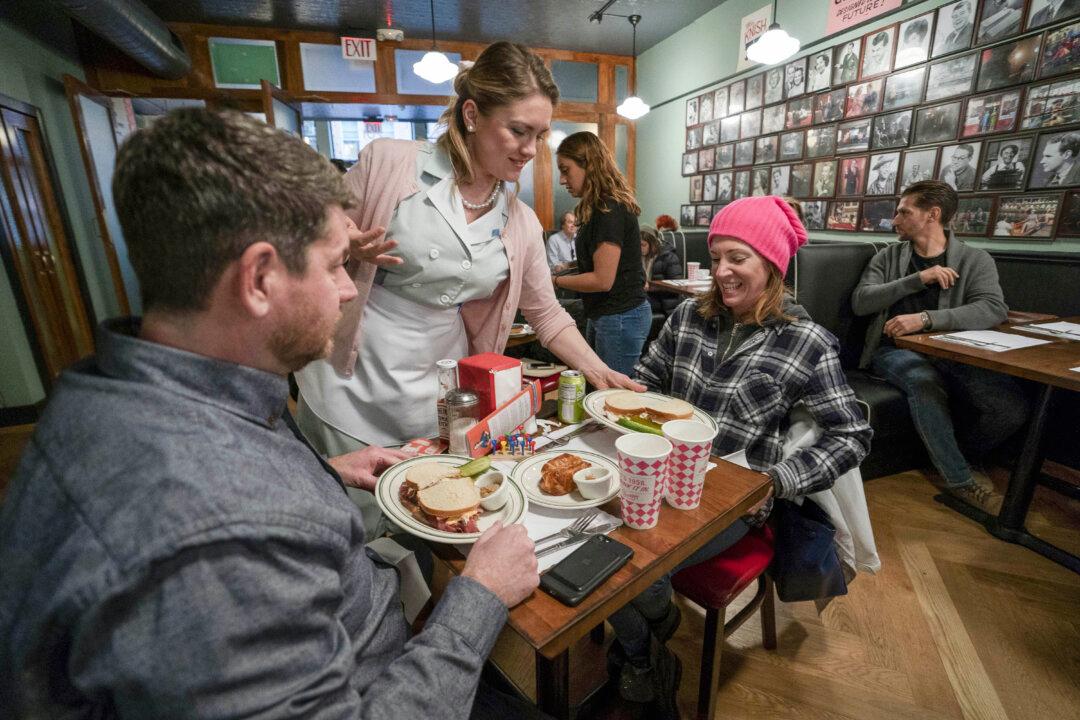A U.S. appeals court has vacated a rule from the Department of Labor that restricted when employers could pay workers who receive tips less than minimum wage.
The three-judge panel said the department (DOL) in 2021 improperly issued a rule that said in part that employers could only pay workers $2.13 an hour when the workers were engaged in work that is part of their job but not when the same workers were engaged in other work.





